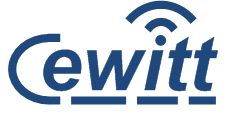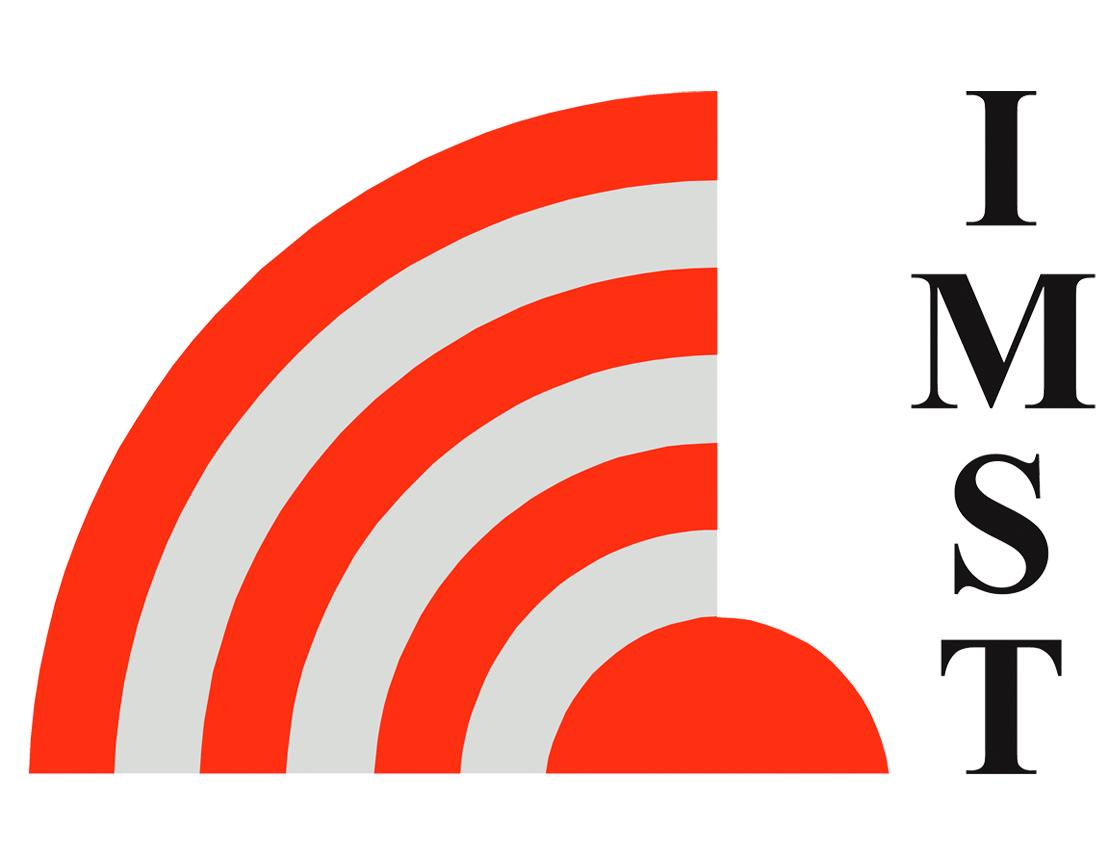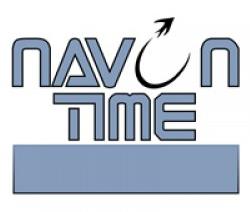Created in 1980 in the vicinity of Toulouse (France), STERELA is an SME specialized in the design and manufacture of electronic equipment and embedded systems for outdoor use. STERELA’s products and services find applications in road traffic analysis, meteorology, safety for airports, military training, etc. STERELA is one of the most innovative SMEs in the market sectors it addresses. For the transport industry, STERELA has developed a whole range of Road Traffic equipment which are installed all over Europe:
- Road data collection and analysis systems (counters, SIREDO stations, detectors, sensors)
- World class Weight in Motion devices developed for the French Ministry of Transports
- Road weather stations
- Data acquisition, processing and supervision software
- Onboard fleet monitoring systems
- Driving quality analysis systems
- Journey time analysis systems.
STERELA invests 25% of its turnover in R&D. Its recent developments in the field of vehicles Weigh-In-Motion was rewarded by the French Ministry of Transports in 2008. In the short term, STERELA wants to confirm its leading position on its markets. The company also wants to valorize its knowledge in energy optimization and embarked low-power and all-weather electronics to develop new applications such as the CEWITT parking applications.
TASKS IN THE PROJECT
STERELA will be in charge of:
- the coordination of Tag development, system integration and validation, demonstration Work package and the global project management,
- the developments related to the tag packaging,
- the electronic interfacing of the components,
- the integration of the different components into the CEWITT prototype and the validation of the system,
- preparing the demonstrations of Application 2 by installing the CEWITT tags on the ground,
- the organization of the demonstrations,
- the reflection on the commercial strategy.
Created in 2009 in the vicinity of Toulouse (France), SIGFOX WIRELESS is an SME specialized in the design manufacturing and operation of Long range High efficiency radiocommunication systems dedicated to connect objects to the internet. SIGFOX WIRELESS products and services find applications in Machine to Machine (M2M) and wide Area Wireless Sensor Networks (WSN) such as Remote Metering, location tracking, health monitoring. SIGFOX WIRELESS’ areas of expertise are high efficiency, low power, low cost radio communications, embedded equipment design, databases real-time management and integration of complex systems.
SIGFOX WIRELESS has been selected among the best French innovation technology start up by the French Ministry of Research and Universities for the 2010 national contest “OSEO Création Développement” and has been awarded a 200k€ award as part of this contest.
SIGFOX WIRELESS is also supported by Venture Capitalist investors who have recently invested 2M€ in the company.
TASKS IN THE PROJECT
SIGFOX will be in charge of:
- coordinating the system architecture, data collection and exploitation and exploitation work packages,
- the definition of the users and applications requirements,
- leading the sub WP related to the review of the possible technological solutions and the one related to the definition of the overall system specifications,
- the development of the telecom network that will ensure data collection,
- implementing the necessary telecom features that will allow to enhance time stamping and geo-positioning,
- supervising the development of the HMI and of the mobile application,
- testing developments on the network,
- developing the telecom network in preparation of the demonstrations,
- writing the business plan with STERELA.
IMST is a leader in researching and developing new products for mobile communications systems, integrated circuits, RF-circuits, and a leader in advancing modern antenna technology. It was founded in autumn 1992 with the financial support of the state government of North Rhine-Westfalia.
IMST is one of the most competent European SMEs with more than 15 years experience in the field of antenna/RF-subsystems design and implementation for antennas for all types of mobile platforms (phone, PDA, laptop, satellite frontends) for various types of applications. The company’s excellence is underlined by its track record on the design of mobile phone antennas and satellite terminal frontends for mobile/nomadic applications. Also, full 3D EM-field simulations of antennas are part of its extensive expertise on EM-design.
The company is specialised in the creation of tailor-made system solutions for wireless radio applications. IMST's R&D chain supports the whole design flow process, starting with the creation of ideas for new products and continuing up to actual implementation, product qualification, and manufacturing support. Headquartered in the Dieprahm Technology Park in Kamp-Lintfort, Germany, the company currently has a staff of over 150 employees, mostly scientists and engineers as well as several visiting researchers from all over the world. It has available about 4,500 m² of laboratories and offices. Research and development projects are usually carried out together with partners in industry, other research institutions, and universities.
TASKS IN THE PROJECT
IMST’s contribution to the project will consist in:
- reviewing the possible antenna concepts
- leading the work package related to the dual band antenna design,
- the integration of the antennas into the TAG-environment,
- manufacturing the antennas prototypes for the demonstrations.
Uiversity of Southampton (UoS) is widely recognised as being a leading centre of research in the areas of energy harvesting, sensor technology, wireless sensors and microsystems.
ECS is the largest department of its kind in the UK and has 100 academic staff, including 36 professors, 150 research staff and 250 PhD students. ECS has been involved in the development of sensors and microsystems for more than 20 years and pioneered work in energy harvesting with the first proposal in this area being submitted in 1995. ECS has an estimated 800 publications on the subject of sensors (including wireless) and microsystems and is at the forefront of vibration energy harvesting research worldwide.
Previous experience relevant to the task
ECS led the FP6 project ‘Vibration Energy Scavenging’ (VIBES) which achieved the highest harvested power efficiencies worldwide at that time and demonstrated state-of-the-art wireless sensor nodes powered solely by vibration energy harvesting. Research in vibration energy harvesting alone has led to over 35 publications and 6 patents and resulted in the formation in 2004 of Perpetuum Ltd, a spin-out company supplying the world’s leading vibration energy harvesting devices. ECS is also active in the field of wireless sensors, solar and thermoelectric energy harvesting. We are a partner in the EU FP7 project TRIADE developing energy harvesters for aircraft applications. We also have recent UK grants covering the ‘Next Generation Energy-Harvesting Electronics’ and are lead partners in a UK EPSRC funded ‘Energy Harvesting Network’. Another UK grant addresses a 3 year research project in thermoelectric power harvesting. There is a wide range of facilities and experience available for the design, fabrication and testing of energy harvesting systems and a wealth of relevant expertise. There is significant experience in the management and execution of EU projects and dissemination and exploitation of results.
TASKS IN THE PROJECT
ECS’s contribution to the project will consist in:
- coordinating dissemination activities,
- reviewing the possible energy harvesting concepts,
- Designing the harvesting microgenerator needed to convert a maximum of available ambient energy intro electrical energy.
NAV ON TIME is a young innovative company (with the JEI French status) specializing in positioning and guidance solutions for high precision control of mobile machines.
With its know-how based on a longstanding experience of its founders, NAV ON TIME designs and commercializes positioning, navigation and guidance solutions for high demanding applications in terms of precision, safety, availability and confidence.
NAV ON TIME develops innovative applications built on satellite positioning, network communication and geo referenced data building blocks, and targets new markets for GNSS (Global Satellite Navigation Systems) like service robotics, machine auto steering in agriculture or crane safe use, by adapting these high technologies to the market demands.
The company was created in August 2007 and employs currently 6 persons. The R&D team has skills in GNSS techniques, filtering and sensor fusion techniques, and embedded systems software development and system integration. One person is dedicated to marketing and business development.
NAV ON TIME has successfully coordinated the MOW BY SAT project in the previous FP7 Galileo call (see website
www.mow-by-sat.eu). The main outcomes and innovation of the project are the prototypes of a low cost GNSS guidance system that have been developed and integrated into an autonomous lawn mower. NAV ON TIME has proved its capability to achieve centimeter precision and integrity with proprietary software and hardware. The system was built on commercial GPS receivers which enabled to bring the cost down to acceptable levels. The project has been completed in July 2010, and currently the system is to be commercialized by industrials of the domain (on going negotiations).
TASKS IN THE PROJECT
NAV ON TIME will contribute to the system specification and trade offs and will be in charge of:
- the design, development and performance assessment of the CEWITT specific GNSS algorithm (requirements, design, development, integration, validation and performance assessment).
- investigating the opportunity of combining correlation data from SIGFOX telecommunications with the GNSS algorithm to enhance the localization and integrity performances,
- and coordinating integrity work package.




